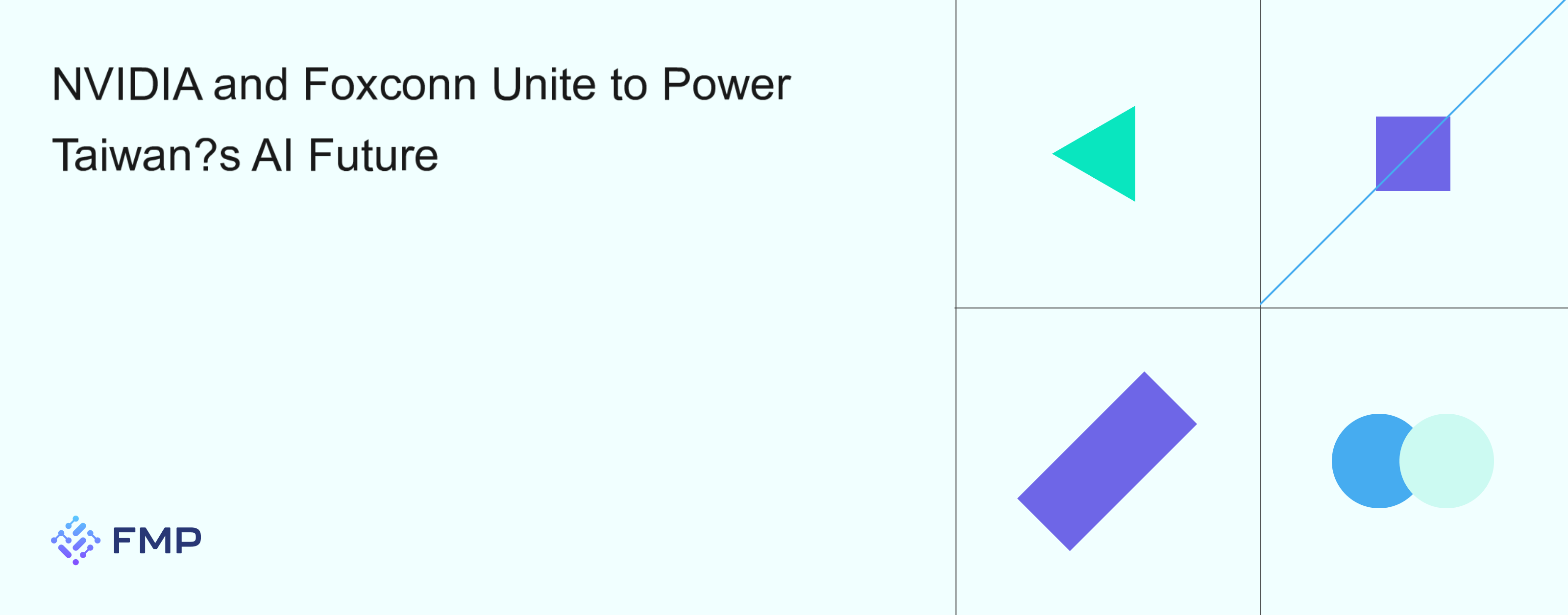
NVIDIA and Foxconn have joined forces—with support from the Taiwan government—to build a cutting-edge AI factory supercomputer, delivering 10,000 NVIDIA Blackwell GPUs through Foxconn’s Big Innovation Company as an NVIDIA Cloud Partner. This infrastructure leap is set to supercharge AI research and commercialization across Taiwan’s technology ecosystem.
Partnership Highlights
Scale and Scope: The AI factory features 10,000 Blackwell GPUs, offering researchers, startups, and enterprises orders-of-magnitude faster compute compared to previous-generation systems.
Ecosystem Impact: The Taiwan National Science and Technology Council will grant cloud access to the supercomputer, fueling innovation at TSMC, academic labs, and industrial R&D centers.
Strategic Clients: TSMC researchers will leverage this platform to accelerate chip design and materials science studies, shortening development cycles and driving breakthroughs in AI and robotics.
Why It Matters
Industrial Transformation: By embedding state-of-the-art Blackwell infrastructure in Taiwan, the partnership catalyzes an “AI factory” model—where compute capacity becomes as vital as raw materials in manufacturing and research.
Financial Strength Behind the Build: According to FMP’s Company Rating & Information API, NVIDIA holds a AAA corporate rating and boasts over $40 billion in cash and equivalents, underscoring its ability to fund large-scale global deployments (Company Rating & Information API).
Balance-Sheet Resilience: Foxconn’s commitment reflects its own solid financial footing—its latest balance sheet shows steady asset growth and robust liquidity, as detailed in FMP’s Balance Sheet Statements API (Balance Sheet Statements API)—enabling heavy investments in next-gen computing infrastructure.
Strategic Takeaways
Compute as Infrastructure: Governments and enterprises should view massive AI clusters like Taiwan’s as critical national assets, akin to power grids or highways, to maintain global tech leadership.
Collaborative R&D: Shared-access supercomputers reduce entry barriers for startups and academia, broadening the innovation pipeline and speeding commercialization.
Regional Competitiveness: Taiwan’s new AI factory strengthens its position against other Asia-Pacific hubs, attracting international talent and investment in advanced semiconductors and AI applications.

